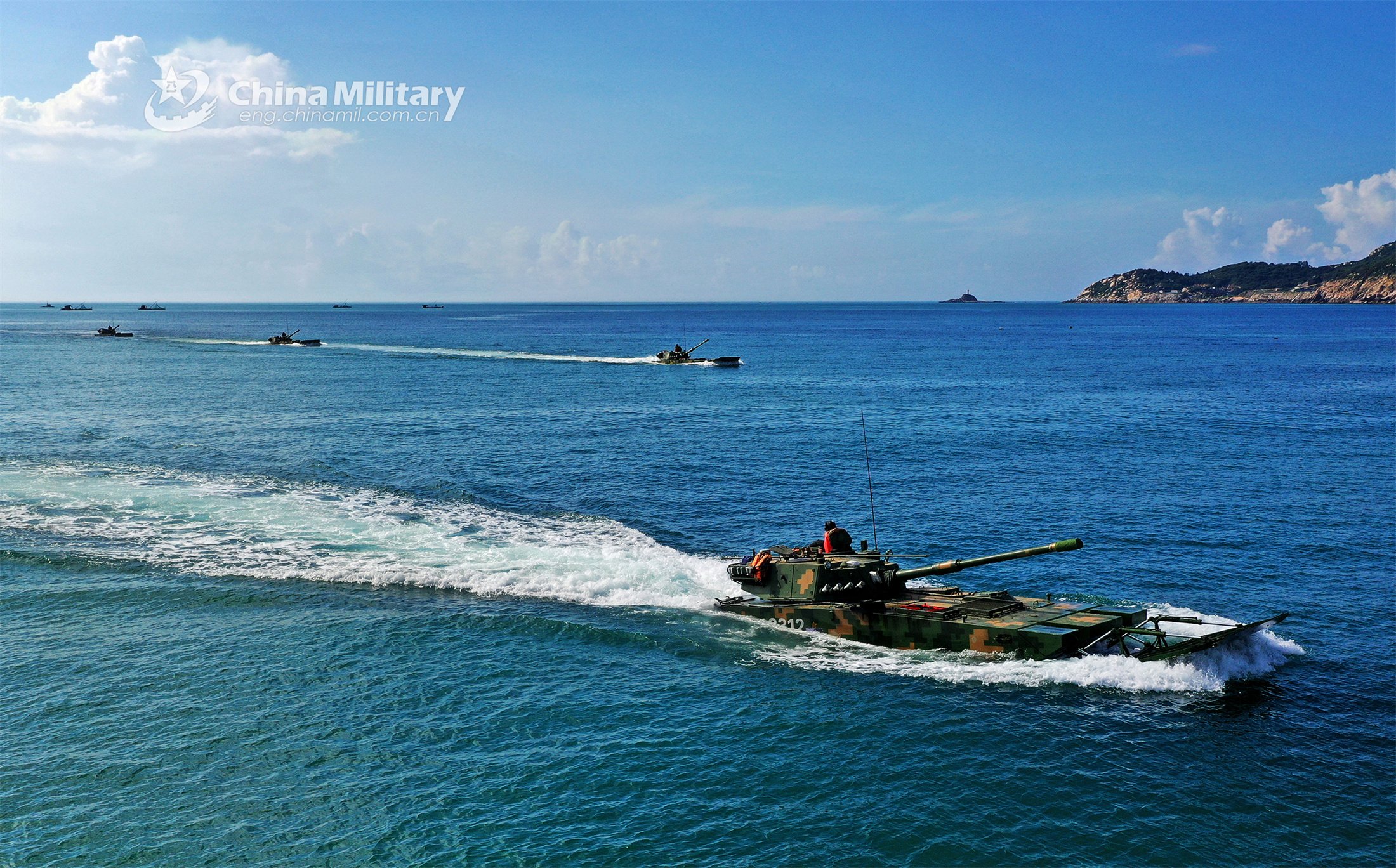
China has not fought in a war since the 1950s, raising questions about how its armed forces would perform in 21st-century combat, a retired top Navy official said.
That combined with the lessons Moscow has learned over the last 18 months should be “sobering” to Chinese President Xi Jinping, retired Adm. Mike Mullen said Wednesday in a Washington Post online forum.
Mullen noted amphibious invasions are “the toughest military operations possible.” To invade Taiwan, China would have to move an invasion force about 100 miles through rough sea to a densely populated mountainous island with few landing sites.
Although Xi intends not to pass the reunification question onto a successor “by no means is [invasion] a sure thing,” said Susan Gordon, former principal deputy director of National Intelligence. Xi looked at what happened in Ukraine. She said the Chinese are now looking to fix potential weaknesses in their own armed forces if peaceful reunification doesn’t happen soon.
The future of “Taiwan is the central issue” between the United States and China, Mullen said. “It’s absolutely critical the two presidents talk.”
President Joe Biden must “educate the American people why [Taiwan] is important” to United States’ interests, he said.
“War with China is so bad,it would make the pandemic’s impact [globally] seem like a speed bump,” Gordon said.
The co-chairs of the recent Council for Foreign Relations report entitled “U.S.-Taiwan Relations in a New Era” agreed Washington needed to set the conditions with Taiwan and U.S. allies so that Xi “does not decide to do [an invasion] today.”
The relations with Japan in a Taiwan crisis as an American staging area and ally in such a conflict would be crucial, the report said.
Right now, Xi’s “current strategy is to put so much pressure on Taiwan that people raise their hands and say ‘we’ll come aboard,’” Mullen said.
That pressure comes in the form of continuous military air sorties and exercises simulating a naval blockade of the self-governing island.
“These actions have real operational consequences, allowing the PLA to conduct exercises for Taiwan contingencies and test the readiness of Taiwan’s military, shrink the warning time that would be available if it chose to initiate hostilities, and potentially disguise the opening salvo of a conflict as a routine exercise,” reads the report. “China will look to increase the scope and intensity of its coercive activities aimed at Taiwan.”
The co-chairs stressed the importance of putting the U.S. defense industrial base on a wartime footing now. Mullen cited Biden’s use of the Defense Production Act during the pandemic as an empale of what the task force is calling for.
“It’s better to have this discussion now before conflict breaks out,” he said.
There is a risk that China would react negatively, Mullen and Gordon agreed.
“The U.S. defense industrial base is not prepared for a protracted conflict over Taiwan, a reality that the war in Ukraine has helpfully revealed but also exacerbated,” reads the report. “If the United States chose to intervene in a conflict over Taiwan, the U.S. military would require munitions likely in excess of what is currently in DOD’s stockpile. In particular, the United States could run out of long-range, precision-guided munitions, which would be crucial to a defense of Taiwan, in less than one week.”
The report also noted U.S. shortfalls in shipbuilding, especially in submarine construction and long delays in completing maintenance, which would be critical in a conflict with China.
“U.S. submarines would be a critical asymmetric advantage in a conflict over Taiwan, able to target China’s amphibious landing force and go largely undetected due to China’s shortcomings in ASW,” according to the report. “Yet the number of submarines available for such a mission is inadequate.”
Mullen added the use of the Foreign Military Sales process to ship weapons and systems to Taiwan is too cumbersome to deal with China’s growing and immediate threat. The report specified clearing up the backlog of equipment, such as Stinger and Javelin missiles and High Mobility Artillery Rocket Systems [HIMARS], owed to Taiwan and backfilling the U.S. arsenal through the Presidential Drawdown Authority.





